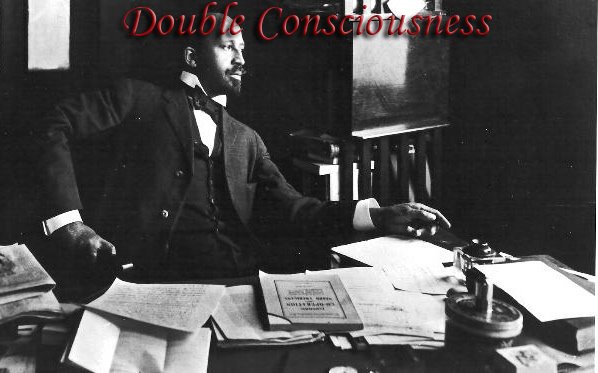I know that racism is still an issue, because there are white people -- white people who think of themselves as liberal/progressive -- who will say racist things to me when people of color are not around -- even after I have confronted them in the past about racist remarks that they have made.
I know that racism is still an issue because white people seem so fucking uncomfortable about discussing it -- so uncomfortable, in fact, that they avoid discussing it, even when it is clearly brought to the table by someone that they consider an ally.
I know that racism is still an issue because people of color can disappear and nobody seems to notice.
Yes, I think that racism, misogyny, and homophobia (and whole bunch of other hatred-based "isms") are interconnected. Yes, I think that it's important for me to "connect-the-dots" between these forms of oppression, and understand how they intertwine.
Originally linked from Pam's House Blend.
In his book Racism Without Racists: Color-Blind Racism and the Persistence of Racial Inequality in the United States by Eduardo Bonilla-Silva the author talks about how silence within a conversation about race are actually very good cues onto what a certain person thinks about race or how they want to be perceived on about race in this politically correct and colorblind climate we live in right now. Normally (and I have been witness to this) when a bunch of white people are together with no other people of color are around white people tend to relax as they are in their "natural" environment (that is, whites being one of the most segregated communities in the U.S. they are more used to being around whites than around a whole mix of folks) and they tend to speak comfortably on many subjects without fear of retaliation; of those subjects they speak without fear on is race. When whites are around other whites they tend to show their views more clearly than around non-whites, they'll say things like, "Jeez, why are these Latinos so lazy and gettin' knocked up all the time," or "Fuck, these niggers really need to get their act together."
Bonilla-Silva writes on when white people are being interviewed about race, or are in a conversation with a person of color or someone whom they're not sure what their views on race are, they tend to be more cautious, and it's this "cautiousness" that people need to be aware of. They are afraid of saying something stupid or actually blurting our what they think, such as, "It's been 150 years since slavery ended!" (as if racism is somehow dependent on an institution that was formally abolished in 1863). They are afraid of being "outed" as a racist when in their mind they are obviously not a racist, they are just saying their opinion. When a white person is talking to a person of color and the subject comes up on race they may stop to think about what they are going to say, or they stutter or say "umm," or "uhh" a lot so as to not offend someone. Yet this very act of masking words and masking views in itself portrays what the white speaker is actually thinking. Instead of actually trying to think critically about race and question one's own views on race one masks what they are actually thinking, one is masking their own racist views so as to not be called a racist and therefore to not be uncomfortable and be held accountable for their white supremacists views (therefore making them think about race in a more critical way).
In this colorblind environment in where race is not looked at critically and not even acknowledged white peoples perceptions go unchallenged in mainstream America. The very silence of white people on race when it comes up as a subject and the very fact that when white people are around people of color, or being interviewed by someone on race, and they stutter or choose their words carefully, shows us that race is still very prevalent in society and shows us the thinking of many white Americans. Many white Americans hold racist and white supremacist views, yet they do not consider themselves racist and mask their words because they don't want to be called out and held accountable.
Hence the title for Bonilla-Silva's book Racism without Racists. The fact that white people consider themselves not racist yet somehow must "choose their words carefully" shows the contradictions in their thinking and betrays their white supremacist attitudes.



1 comments:
This is so hilarious because it is true. Most white people are very afraid to talk about race and you can see it in the face and hear it in their tone. Thanks for this post --it validated what I already knew was true.
Post a Comment